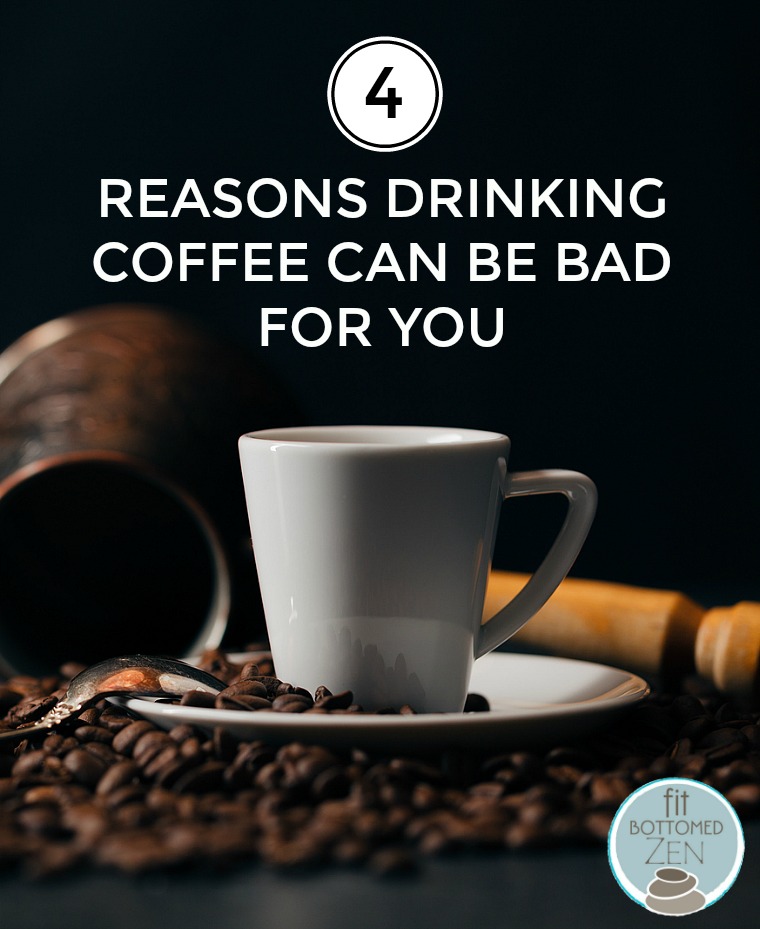4 Reasons Drinking Coffee Can Be Bad for You

Recently, I wrote an article about how coffee can be good for you. I must acknowledge my bias — I favor this position. Coffee is one of my favorite beverages, but some brave souls forgo the popular caffeinated beverage, completely. Despite my bias, I must acknowledge the coffee debate is not one sided. There are (gulp) negative effects to drinking coffee. In an effort to be fair and balanced, let’s acknowledge four of its negative side effects.
1. Insomnia and Restlessness
The most obvious negative side effect of coffee is also its greatest — it will keep you awake. Coffee is fantastic when you want to power through an early-morning meeting, but it becomes problematic when you’re ready to sleep. Many of us know from experience — coffee can prove its potency at less-than-ideal times. People who consume caffeine up to six hours before attempting to rest are more likely to have a poorer quality of sleep. Those who are dependent on caffeine or coffee, especially women, report poorer sleep quality and greater daytime dysfunction. As much as I hate to admit it, there have been numerous occasions an evening coffee has kept me up well into the night.
2. Acidity and Upset Stomach
On particularly busy Monday mornings, I may find myself drinking three to four cups of coffee. Typically, coffee does not affect me negatively but occasionally it upsets my stomach. Coffee is incredibly acidic; it contains large amount of chlorogenic acid. Chlorogenic acid can produce gastritis, which may lead to abdominal pain, heartburn and/or vomiting. When gastritis is severe and left untreated, it may create a painful ulcer in the stomach lining. If you consistently find your stomach upset after coffee or caffeinated beverages, approach your next cup of java with caution.
3. Stress and Anxiety
For some people, coffee puts them on edge. Rather than feeling motivated they feel anxious. Coffee can stress you out. Caffeine triggers the stress hormone cortisol, which is meant to protect you from predators (a life-saving hormone for our prehistoric ancestors). Cortisol triggers your “fight or flight” instincts, which may make you feel ready to club a sabertooth tiger rather than review last quarter’s earnings. High cortisol levels make us feel like we are under attack.
4. Withdrawal
Researchers have determined humans can’t become chemically dependent on coffee or caffeine, but it can be habitual. While caffeine is not addictive it can cause withdrawal.
In 2013, The American Psychiatric Association classified caffeine withdrawal as a disorder resulting from the rapid elimination or decrease in caffeine, after extended daily use. People who suffer from withdrawal are likely to report drowsiness, headache and reduced alertness.
Billions of people, myself included, begin their morning with a cup of coffee. It is common to share conversation over a cappuccino or macchiato. I do not see myself breaking these habits anytime soon, nor do I want to. But it’s important to acknowledge that coffee is a mild stimulant that can adversely affect our health.
How does coffee make you feel? Have you experienced any negative effects from java? —Alex
